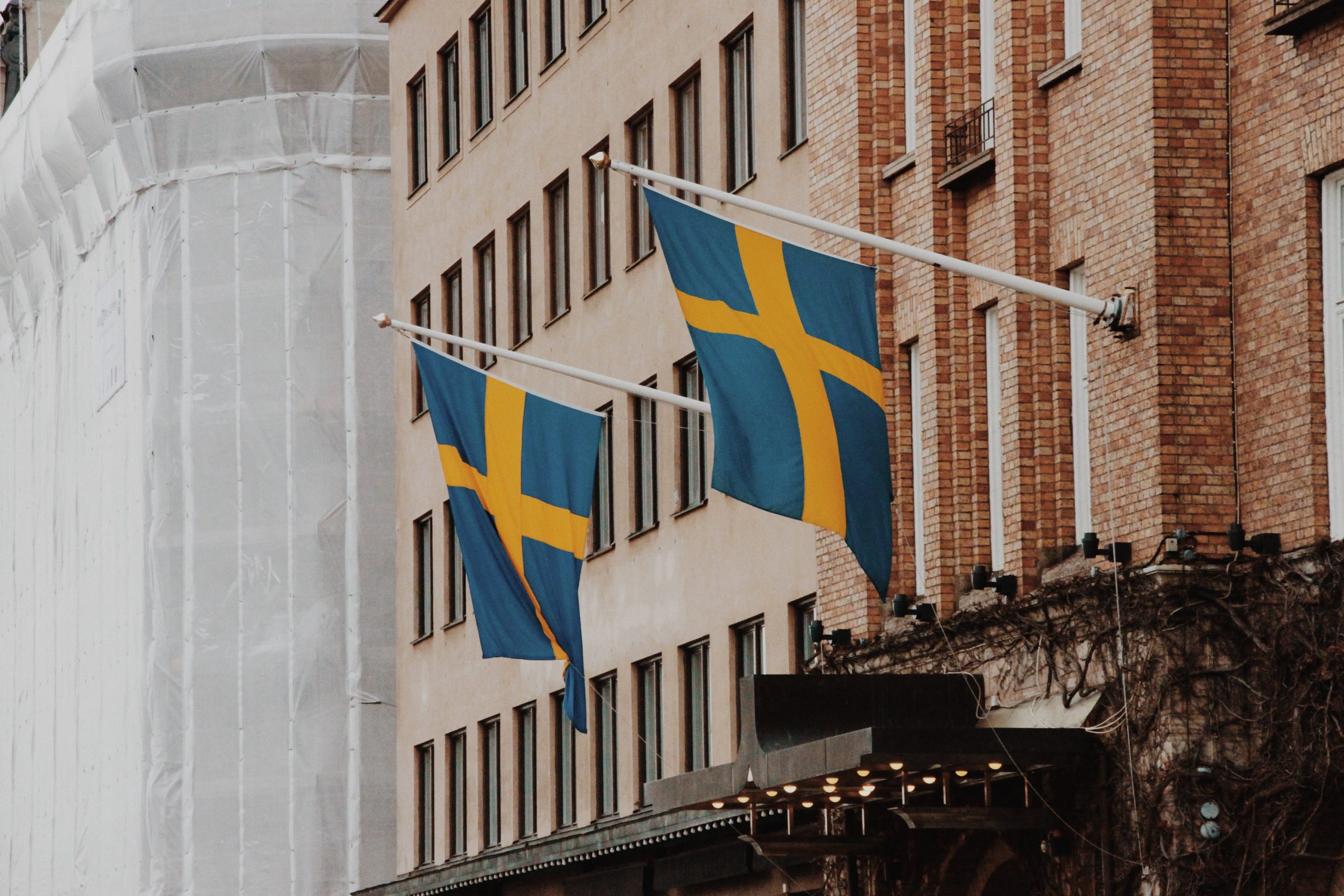Social differences between France and Sweden

In this blog you can discover the social and cultural differences between two highly developed countries, France and Sweden. These countries, which seem to have much in common, in fact have astonishing diversities in the way they live and think. So we can compare countries using 5 Hofstede criteria: distance from power, individualism vs. collectivity, masculinity vs. femininity, uncertainty avoidance and long-term vs. short-term orientation.
Individualismvs collectivism
The second criterion we study is individualism; this means the commitment that workers have to the company and whether they behave individually or loyally towards the company. In France we have work that we can call individual, but that does not mean that there is no teamwork.
The situation is not much different from Sweden, a rather individualistic society where work is rewarded according to criteria that concern the individual and not the group, where decisions are made more according to one’s own interests and not the benefits of the group.
Masculinity VS femininity
The third criterion is masculinity or femininity: we are talking about the life ideals that drive people to make decisive choices. If a country tends to be male, it means that the population targets more on competition, results and success. On the other hand, if a country tends towards femininity, people will have ideals more about quality of life and social cooperation, thus respect and consideration for others.
In this area, France is in a balanced position that tends towards femininity thanks to its very good social system with a working week of only 35 hours and about five weeks of holidays throughout the year, although it is strict in terms of working hours. In addition, the working class is mostly made up of men. This is unique in all European countries.
Sweden is a feminine country, the society likes equality and solidarity between people and special care is taken of personal and professional life with flexible working hours and free time in and out of work.
Avoidance of uncertainty
The fourth criterion we analyse is the avoidance of uncertainty. This criterion assesses the way in which a country or society makes decisions to deal with the future, with concerns that might arise in an unknown moment.
The French don’t have any worries as they plan most things and they like to be well informed, especially with meetings and especially negotiations, such as the flagship example of the trade unions: very few members but more collective weight than the German unions for barely ⅕ of the working population represented. The French are perfect for long-term technologies such as nuclear power plants or train and aircraft companies. That’s why in France the system is very organised and respected, with a strong and developed legal system.
Swedish society works in a different way compared to the French, there is more tolerance for deviation from the rules and if a norm is problematic, or outdated, there is no problem removing or changing it. There is more freedom in scheduling and not too much pressure to be precise.
Long-term orientation VS short-term orientation
The last criterion is the long or short term orientation, we are talking about the capacity of the population but especially of the companies to adapt to changes. To have a long-term orientation is to accept social cultural shifts and embrace change. On the other hand, a short-term orientation means attachment to cultural traditions and thus to the country’s roots.
France as a developed country adopts a long-term orientation, the citizens are very open to new cultures and they show absolute tolerance to non-French traditions. Of course, a distinction must be made here between the social aspect and the political or entrepreneurial aspect. France is also targeting the education of young people for the future, with increasing investments and educational methods imported from Japan, or strong financial investments in the integration of technology in schools, notably with academic or ministerial FabLabs, or the loan/donation of computer equipment to secondary school students.
Sweden, even if a little less than France, also has a long-term orientation, we are rather open to changes and there is no problem to change traditions.
Conclusion
These are, in short, the socio-cultural differences between France and Sweden, however this analysis does not work on an individual basis but takes into consideration the broad trends of a population, with all its complexity.
